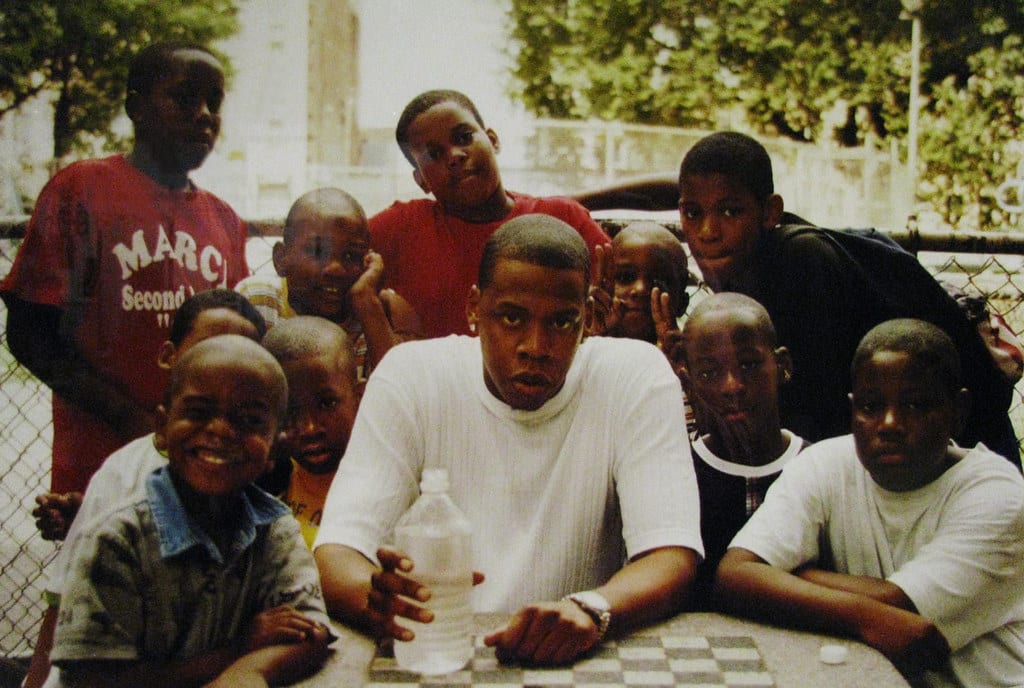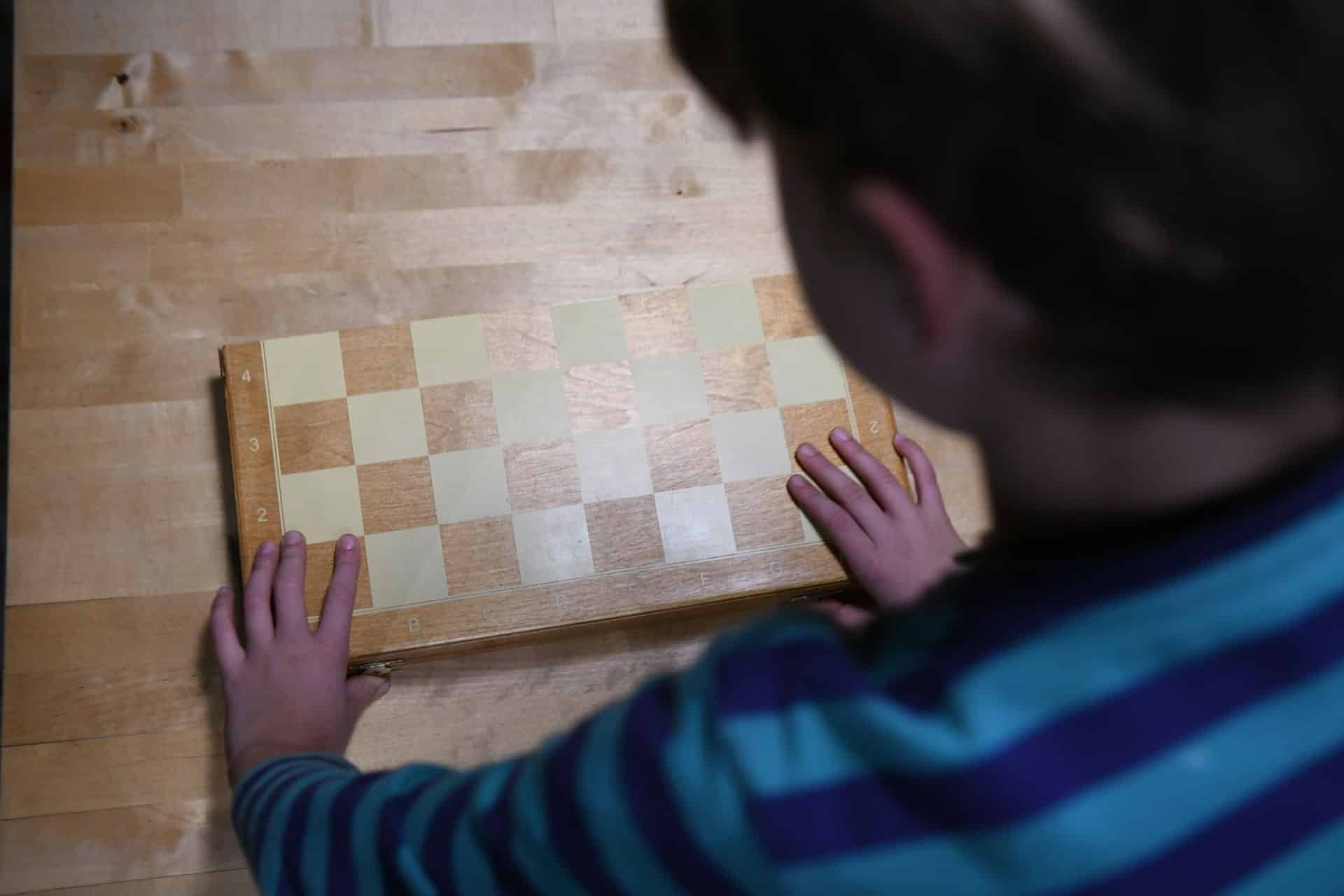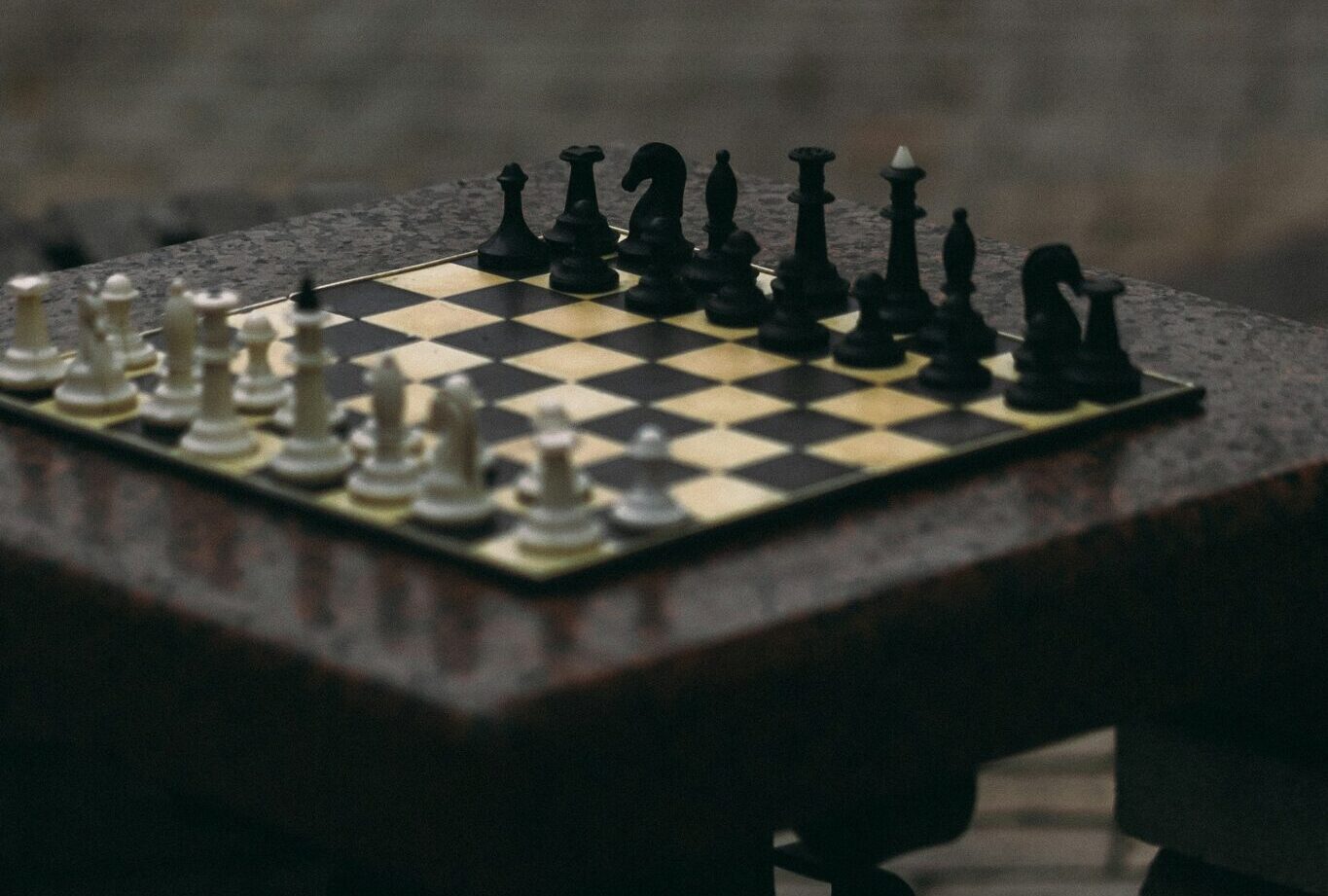Chess is a board game that has been around since the 15th century and is still popular today. It is a game of strategy, and requires a great deal of thought and planning to be successful. It is a game of wits and strategy, and is not to be confused with the game of checkers.
The two games are very different. Chess not checkers requires more thought and planning than checkers. Each piece has its own movement and attack pattern, and the strategy of the game changes depending on the pieces you have. In checkers, the pieces move in a similar way and the strategy is more limited.
Table of Contents
Chess not checkers
Chess not checkers is a game that can be enjoyed by both adults and children. It requires a great deal of concentration and focus, which can help improve problem-solving and critical thinking skills. It can also be a fun way for families to spend time together.
Chess not checkers is a great game to learn and can provide a lifetime of enjoyment.
Chess not checkers is a two-player strategy board game played on a chessboard. The game is played by millions of people worldwide. It is believed to have originated in India sometime before the 7th century. The object of the game is to checkmate the opponent's king. This is done by positioning pieces to attack the king while preventing the opponent's pieces from doing the same. The game has been played at a competitive level for centuries, with many chess clubs and tournaments.
Chess is a game of strategy, where players must make thoughtful moves to outwit their opponents. Each player starts with 16 pieces: one king, one queen, two rooks, two bishops, two knights, and eight pawns. These pieces move in different ways, and each has its own unique ability. Players must use their pieces to capture their opponent's pieces, protect their own pieces, and ultimately checkmate the opponent's king.
Chess has been used to teach problem solving skills and critical thinking. It is known to improve concentration, memory, and logical reasoning. Additionally, it can help to foster creative thinking, as players must come up with creative strategies to achieve victory.
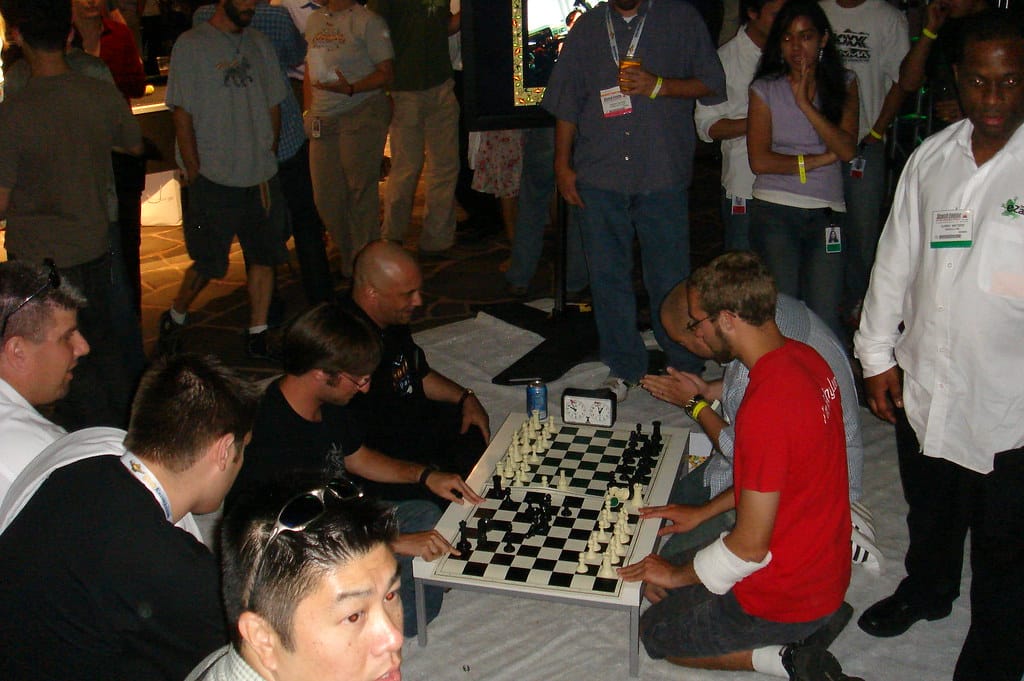
What does this chess not checkers mean?
The phrase “Chess, not Checkers” is often used to describe strategic planning. It implies that chess, an ancient game of strategy and tactics, is a better metaphor for strategic decision-making than checkers, a game that relies more on luck and chance. The phrase is used to encourage people to think carefully about their decisions, considering all the possible outcomes before acting.
When applied to the business context, “Chess, not Checkers” suggests that managers should take a long-term, thought-out approach to decision-making. It emphasizes that each move should be carefully planned and weighed against potential risks and rewards. This style of management requires patience and a willingness to take calculated risks.
In addition to the business world, “Chess, not Checkers” can also be applied to other areas of life. For example, when making decisions about relationships, it's important to consider the long-term implications of one's actions. Thinking through the possible outcomes of a situation can help avoid unnecessary problems in the future.
Ultimately, the phrase “Chess, not Checkers” is a reminder to take a thoughtful, strategic approach to decision-making. By considering all the options and possible consequences, one can make better, more informed decisions that will benefit them in the long run.
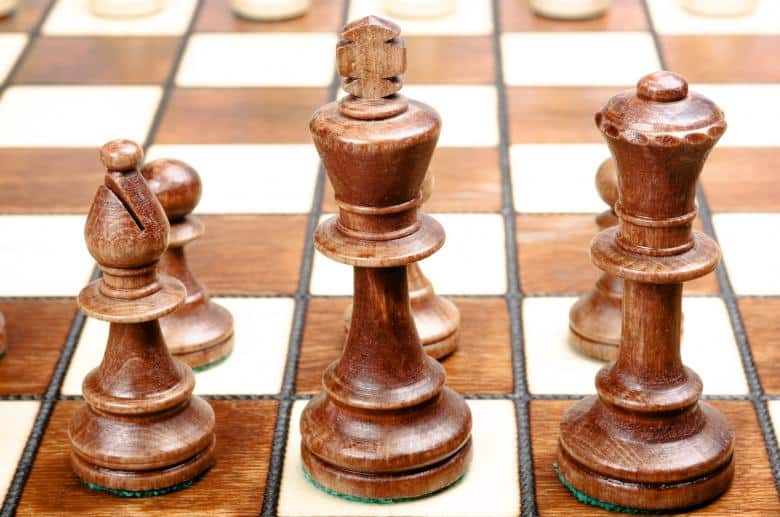
What is the saying about chess and checkers?
Chess and checkers are two popular board games, each with its own merits. The saying goes that chess is like life and checkers is like death; chess is complex and full of possibilities, while checkers has limited options and is much simpler. Chess is often seen as a game of strategy and planning; checkers, on the other hand, is usually seen as a game of luck and chance.
In chess, the player must think several moves ahead and anticipate their opponent's tactics. The game requires strategy and a deep understanding of the game's rules. Checkers, however, is a game of luck and probability; players must make the best move available and then hope for the best. It is less about strategy and more about luck.
The saying about chess and checkers is often used to illustrate the differences between living life and facing death. In life, there are many possibilities and opportunities; in death, the options are limited. Similarly, chess has many possibilities, while checkers has only a few.
Why is chess better than checkers?
Chess is better than checkers because it offers greater depth and complexity. It requires more strategic thinking, allowing players to use a variety of tactics to achieve their desired result. The board is larger, with more pieces, and each piece has its own unique movement. Players can use these pieces to create complex strategies and employ different tactics to outwit their opponents.
Chess also has a much longer history than checkers and many more variations. It has been played for centuries and is still popular today. There are many different rules and approaches to the game, making it more adaptable and interesting than checkers.
Additionally, chess can be enjoyed by players of any age and skill level. It is a game of skill, not luck, and players can always find ways to improve their game. The game also has a much greater capacity for teaching, as it promotes critical thinking and problem-solving skills.
Finally, chess has come to represent a kind of intellectual competition. It is often used as a tool to measure a person's intelligence and has even been used in studies to compare the thinking processes of different people. This makes chess a great tool for improving cognitive skills.
Is chess just like checkers?
chess not checkers are board games that have been around for centuries. Both can be played by two opponents and involve making strategic moves in order to win. Although chess and checkers have some similarities, they are two distinct games. Chess is a much more complex game than checkers, requiring a higher level of skill and strategy.
In chess not checkers, there are sixteen pieces for each player, consisting of eight pawns, two rooks, two knights, two bishops, one queen, and one king. The pieces all have different movements and abilities. In contrast, checkers consists of only twelve pieces for each player, all of which move in the same way.
Chess not checkers is played on an 8×8 board, while checkers is played on an 8×8 board with alternating dark and light squares. Each player's goal in chess is to checkmate the opponent's king, while in checkers the goal is to capture all of the opponent's pieces.
The strategies used in chess and checkers can be similar, but the complexity of chess requires a much higher level of skill and foresight. To be successful at chess, players must anticipate their opponent's moves several steps ahead and be able to recognize patterns on the board. In checkers, on the other hand, the level of strategy is much lower, and the game is more about making the best moves possible with the pieces available.
Overall, while chess not checkers may appear similar at first glance, they are actually two distinct and unique games. Chess requires a much higher level of skill and strategy, making it a much more challenging game than checkers.
Chess not checkers is an amazing game. It can be enjoyed by people of all ages and skill levels, and it has the potential to help improve mental acuity. By playing chess, you can sharpen your problem-solving skills, improve your memory, and hone your strategic planning abilities.
The game of chess not checkers is not to be confused with the game of checkers. Even though both games involve pieces placed on a board, the rules and strategies are very different. Chess not checkers offers a much more complex and challenging experience and can provide hours of entertainment.
Playing chess not checkers can be a fun and rewarding activity. It is also a great way to keep your mind sharp and to practice problem-solving skills. If you’re looking for something to do that is both fun and educational, chess might be the perfect game for you.
If you liked this post about chess not checkers, you should read about Memphis Chess Club.

